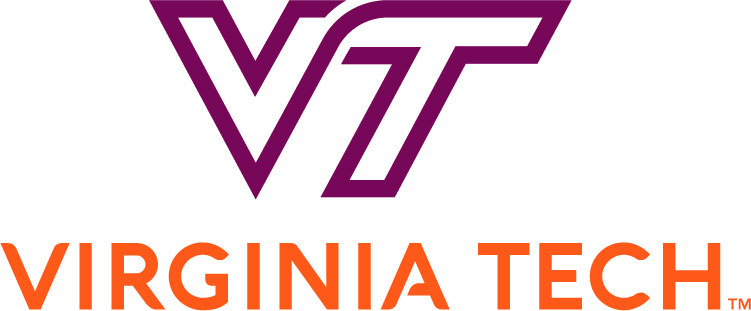Newswise — Reports that Russia purchased Facebook ads and used Twitter bots to influence the 2016 election paints a picture of interference, says a Virginia Tech expert whose research focuses on the intersection of political participation and digital media.
“It should be worrisome to anyone who cares about the integrity of our democratic process, no matter who wins, said Katherine Haenschen.
Quoting Haenschen
“In America, broadcast political advertisements are disclosed. Facebook is different, because Facebook currently does not disclose who is buying ads on the platform. That enables Facebook users to run ads with political content that are micro-targeted to specific regions or demographics, without anyone knowing.”
Facebook’s decision to disclose political ad spending is an important first step, says Haenschen. “All digital platforms, including Twitter and Google, should do likewise.”
Haenschen explains that initial reports from Facebook suggest that Russian "troll farms" were running ads about politically divisive topics -- such as gun rights, LGBT and racial issues. Other reports have suggested that some ads were targeted at Hillary Clinton supporters, urging them to vote for third-party candidates instead. “This is outside interference and an attempt by a foreign government to trick and divide American voters,” says Haenschen.
About Haenschen
Katherine Haenschen is an assistant professor in the Department of Communication at Virginia Tech, and is part of the university’s Data & Decisions initiative. Her research focuses on the intersection of political participation and digital media. She conducts field experiments that explore the impact of Facebook on political behaviors and opinions.
Schedule Interview
To secure an interview with Haenschen, please contact Shannon Andrea in the media relations office at [email protected] or 571-858-3262.
Our Studio
Virginia Tech's television and radio studio can broadcast live HD audio and video to networks, news agencies, and affiliates interviewing Virginia Tech faculty, students, and staff. The university does not charge for use of its studio. Video is transmitted by LTN Global Communications, and fees may apply. Broadcast quality audio for radio is transmitted via ISDN.
